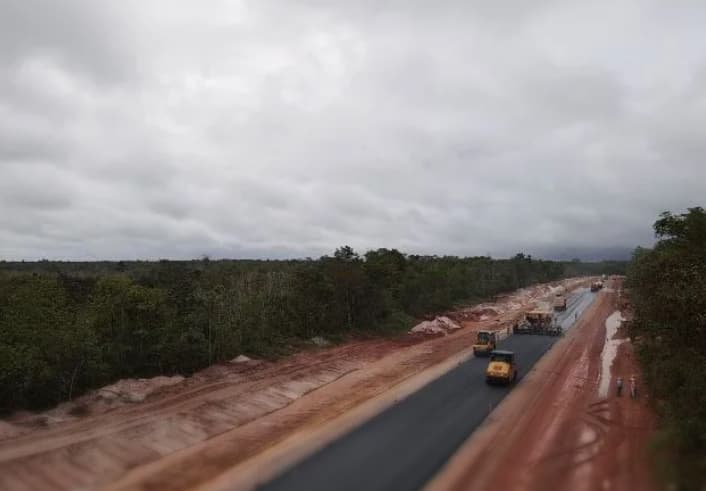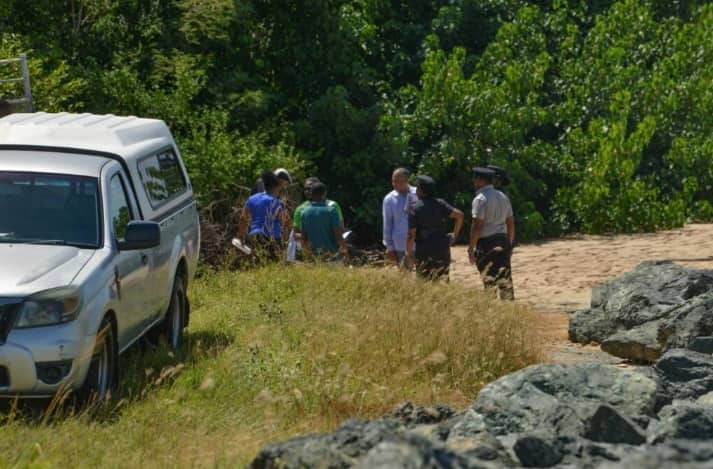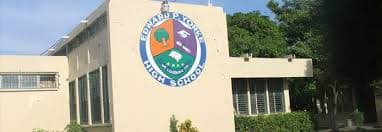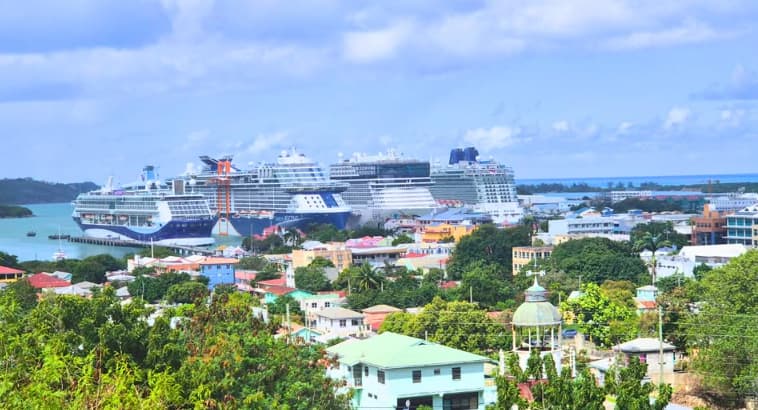Dual impact of COVID-19 and Volcano eruption sparked need of Caribbean integration
The Covid-19 crisis has affected the vulnerability of the economies of St. Vincent and the Grenadines, Barbados, Saint Lucia and other small, tourism-dependent Caribbean countries exposed to the La Soufrière volcanic activity.
5th of May 2021

St Kitts and Nevis: The Covid-19 crisis has affected the vulnerability of the economies of St. Vincent and the Grenadines, Barbados, Saint Lucia and other small, tourism-dependent Caribbean countries exposed to the La Soufrière volcanic activity.
These economies usually have to deal with limited availability of arable land, small and often scattered populations, fragile natural environments, dependence on energy imports, extreme vulnerability to climate change and natural disasters, as well as a high dose of diet-related diseases. In recent years, these countries have also had high foreign and domestic debt.
The serious situation for these small economies was further exacerbated by the recent eruption of La Soufrière volcano in St Vincent and the Grenadines. The eruption on April 9 at 8:41 a.m. released an ash fall column that drifted to the Atlantic Ocean. Since then, the eruptions have worsened the situation. About 20,000 people in St. Vincent had to be evacuated and will not be able to return to their homes for at least three or four months. There was an interruption in the drinking water supply to most of the island and the presence of smoke and ash closed the airspace.
This disaster has several implications for St. Vincent, from an economic, health, social and safety point of view. The natural phenomenon has a particularly detrimental effect on agriculture, as farmers in the area have to be evacuated, abandon their crops and leave their animals unattended. The decline in agricultural production in the short term will be severe.
Since the 1950s, the economy of St. Vincent and the Grenadines based on agriculture, mainly banana production. In recent times, tourism, industry and financial services have become important sectors of the economy.
Regular income generated by banana exports fueled the economic growth of the 80s and early 90s. However, as the crop is vulnerable to hurricanes, droughts and pests, it has faced serious challenges. Recently, the country aimed at diversification in agriculture and today, St. Vincent exports a wide variety of fruits and vegetables to the UK and cattle to the Caribbean market. The fishing industry also generates significant income.
The eruption of the volcano will exacerbate the situation of the tourism-dependent economies in the Eastern Caribbean, as its effects have spread to Barbados, Saint Lucia and other neighboring islands. Agriculture in most of these countries has been negatively impacted by the asphalt. This scenario shows an even greater decline in tourism and systemic challenges to local food security caused and exacerbated by the Covid-19 pandemic, respectively.
Caribbean countries are also extremely vulnerable to natural disasters. Hurricanes are common in the region – Hurricanes Irma and Maria in 2017 and Dorian in 2019 are strongly reminded of that. Consequently, it is important that countries are prepared to face potentially similar events in 2021. In the Caribbean, a single hurricane can wipe out the annual GDP of a small island, with the poor often hitting the hardest. Preventive measures must be applied to protect people’s lives and income.
Within the context of the volcanic eruption, the pandemic, and a looming hurricane season from June to November, there is an opportunity to explore the agricultural food sector of St Vincent and the Grenadines. The first step involves strengthening the strategic role of the Caribbean agricultural sector in guaranteeing food security, creating jobs and addressing the high incidence of chronic non-communicable diseases.
The time has come to work together on the local food and nutrition security policy adopted in 2010 and the local food and nutrition security action plan 2012-2026, and in response to the call for a Caribbean food plan and a Caribbean Food Security Development Fund. It is no coincidence that the Prime Minister of Barbados, the Honorable Mia Amor Mottley, then chair of the regional organization, during the Caribbean Community (CARICOM) in February 2020 claims that food security is an important issue for the region and the private sector to make proposals submit which aims to reduce food imports by 25% by 2025.
The deepening of regional integration through a single, common market and an economic union would be the key pillars of economic reconstruction. Consequently, the Caribbean Food Plan should promote joint actions aimed at benefiting from national comparative advantages such as land, water and markets, as well as establishing strategic partnerships between governments and the private sector.
The actions that make the repositioning of Caribbean agriculture possible include reducing the dependence on foreign imports for agricultural food; strengthening the link between the agricultural, tourism and health sectors; the establishment of public-private partnerships in local food production and processing; implementation of climate-smart technologies; transition to digital agriculture; raising awareness among Caribbean societies of the importance of producing and consuming healthy food; and the implementation of the local food and nutrition security policy approved in 2010.
The implementation of this agenda requires coordination between national, regional and international agencies. The Inter-American Institute for Agricultural Cooperation (IICA) stands ready to serve as a bridge for cooperation and as a unifying force in this broad partnership, working together with national and international partners to lay the foundations for a ‘new’ agriculture Vincent and the Grenadines and added the Caribbean region as a whole.
IICA conveys its solidarity to the government and people of St. Vincent and the Grenadines and all Caribbean countries, and reaffirms its commitment to align forces and work towards more sustainable, diversified and resilient agriculture.
Latest
- Dr Terrance Drew strengthens regional ties with Bahamas, Jamaica and Barbados before CARICOM meeting
-
Grenada announces fuel price increases effective February 18, 2026 -
Guyana’s Linden to Mabura Road Project Nears Completion, Connecting Country to Northern Brazil -
Trinidad: Unidentified man found dead on Uriah Butler Highway in suspected hit-and-run -
Tuberculosis cases reported at Edward P. Yorke High School in Belize City
Related Articles



21st of February 2026

20th of February 2026

20th of February 2026


19th of February 2026

